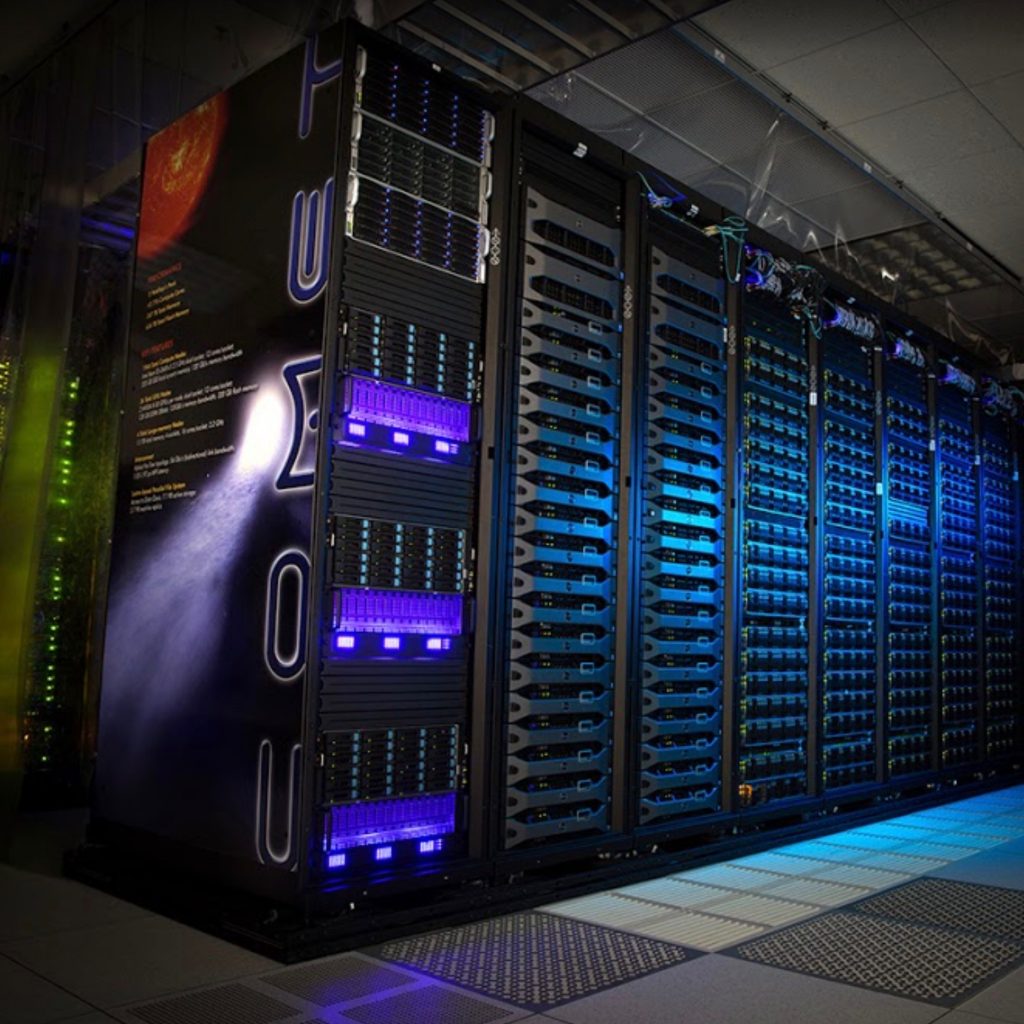
Mistral calls for investment in data centers
Arthur Mensch, CEO of Mistral, made a compelling appeal to participants at the Mobile World Congress—the world’s largest telecommunications conference held in Barcelona. In his address, he strongly recommended that telecommunications companies invest in building data center infrastructure and “become hyperscalers” to strengthen the regional AI ecosystem.
“We would welcome more active domestic efforts to create more data centers,” said Mensch during an on-stage question and answer session, responding to a question about the adequacy of European investments in artificial intelligence.
Mistral, a company specializing in the development of foundation models, is already investing in building its own data center in France. Mensch noted that the company is “shifting somewhat down the stack to service data centers.”
“For me, the artificial intelligence revolution also opens up opportunities for cloud decentralization,” he emphasized, advocating for “increasing the number of players in this field” compared to the current cloud technology market dominated by a trio of hyperscaler giants: Amazon, Google, and Microsoft.
In his speech, the head of Mistral also called on European players to reduce dependence on American technologies, preferring local solutions where possible. At the same time, he emphasized the need for a “pragmatic approach,” since, according to him, some key technological infrastructures have no non-American alternatives.
When asked whether European legislators should follow the example of the Trump administration in terms of reducing regulation, Mensch avoided direct criticism of rules such as the European Artificial Intelligence Act (AI Act). Instead, he suggested that a more serious problem for business is fragmentation among the 27 member states of the EU single market.
“As a startup, we are not too concerned about regulation,” he noted. “Perhaps one of the difficulties in Europe is market fragmentation.”
Mensch’s speech at MWC marks an important strategic shift in the positioning of European technology companies seeking to compete with American giants in the artificial intelligence infrastructure market. The call for telecommunications companies to act as hyperscalers underscores the growing need for a significant expansion of computing power to support rapidly developing AI technologies in Europe.
